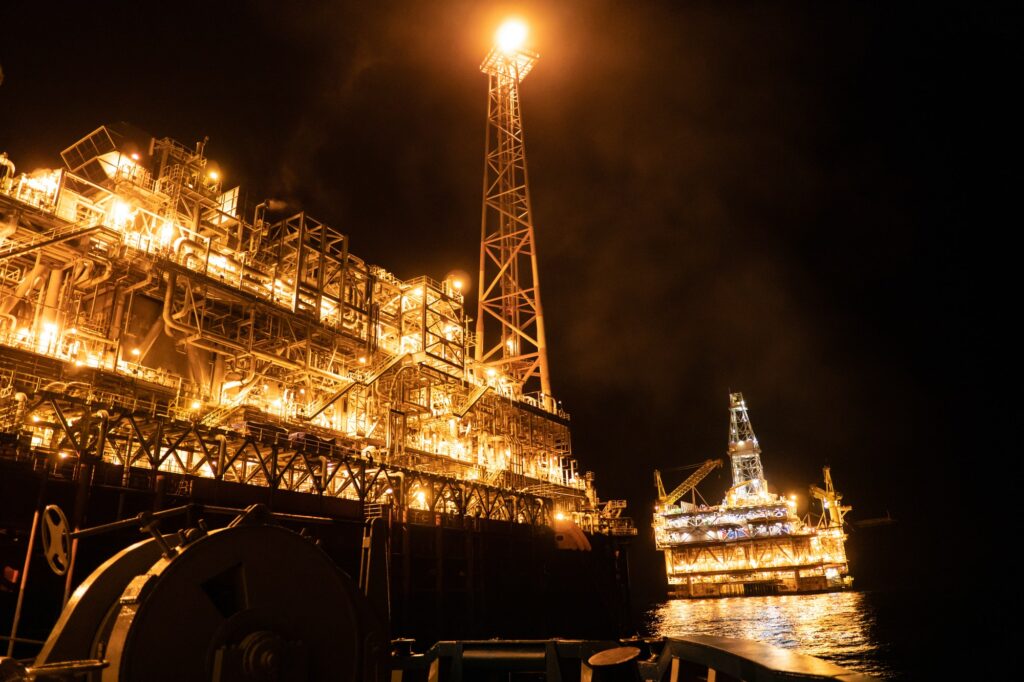Prince Abdulaziz bin Salman is the first member of the House of Saud to hold the position of Oil Minister in the history of the kingdom. His appointment is a signal that Saudi Arabian wants to nudge crude oil prices higher from their current $60 – $62 Brent range to at least $70 – 80 a barrel. This means an extension of the Saudi-Russian output cut pact is certain and the sharp rise in 10 year US Treasury bond yields to 1.72% as well as the PBOC’s de facto $90 billion monetary stimulus with its banking reserve ratio cut means the financial markets have discounted lower odds of global recession risk. With tighter sanctions on Iran and Venezuela, civil war in Libya and Yemen, a secessionist revolt in the Niger Delta and political unrest in Sudan and Algeria, geopolitics (and seasonality) could mean Saudi Arabia may succeed in taking Brent above $65 – $68, still well below the kingdom’s budget break-even price that the IMF calculates at $85.I have never relied on an inverted yield curve as an infalliable indicator of recession risk but it invariably presages a rally in oil and gas shares, especially as the this is the Cinderella sector of the stock market, at a mere 4.8% of the S&P 500 index’s market cap, down from 13% just a decade ago. This is a 40 year low in relative valuation between oil & gas and the S&P 500 index, which spells capitulation to me. True, black gold (and natural gas) has underperformed the index by a colossal 90% since the 2014 oil price crash and is the worst performing sector of the post 2008 decade. As usual, Mr. Market has thrown out some deep value babies with the bathwater. So I drill (forgive the awful pun) for oil in the cheapest, most unloved netherworld of Wall Street. I hunt for potential money making ideas among the Seven Sisters.
The Seven Sisters – or the Sette Surrelle as the Italian wildcatter Enrico Mattei of ENI called them before he died mysteriously in a plane crash as oilmen sometimes do – are the world’s mightiest integrated oil and gas supermajors, companies that have written the secret history of the Middle East, as the ghosts of Nuber Gulbenkian, Mohammed Mousadegh, the last Pahlavi Shah of Iran, Colonel Gaddafi and Saddam Hussein can attest. Despite four Ivy League degrees, I consider myself illiterate about the world until the moment I finally read Daniel Yergin’s magnus opus “The Prize”, the epic quest for money and power in the global oil business. The education Mr. Yergin provided me enabled me to earn hundreds of thousands of dollars drilling (or shorting) oil and gas stocks on Wall Street.
Exxon Mobil is the lineal descendant of Standard Oil, the corporate colossus created by John D. Rockefeller in the 1880’s. I concede that this is one of America’s most hated names in Big Oil and the shares have been a bow wow in 2019’s fabulous stock market rally. Yet at $70 a share, I see minimal risk in Exxon as long as there is no recession in 2020, a scenario I do not expect. Though Exxon has an estimated $16 billion negative free cash flow deficit next year, its investments will generate an elephant gusher of cash that will force the Street to rerate the shares. Exxon also intends to sell $15 billion dollars in assets in high political risk countries around the world. This is a potential low risk 15 – 18% total return payoff for me best generated via option spread strategies on XOM calls/puts listed on the Chicago Board of Option Exchange (CBOE).
Chevron is the same Standard Oil of California (Socal) whose geologist struck a gusher in a Damam salt dome in the reign of King Abdulaziz Al Saud and changed the history of the Middle East forever. At $117, I consider Chevron shares a no brainer for its 4% dividend yield and one of the best positioned portfolio of assets among US energy companies now that its Australian LNG projects have come on stream. Chevron has the best shale oil and gas assets in West Texas’s Permian Basin and can well increase output by 4% per annum even as capex at $20 billion has halved since 2014. I loved Chevron’s capital discipline in not engaging in a bidding war with Oxy for Anadarko. No wonder Oxy shares were shredded in 2019.
Brent is well below its $75 April high at $61 a barrel. So the market correction provides a great opportunity to re-enter BP shares at 512 pence in London or 6.5% dividend yield that is amply covered by its Tsunami of free cash flows at a time when it will sell $10 billion in core assets to cut its balance sheet leverage. BP’s upstream production growth will be 5% till 2023, way higher than any of its supermajor peers. BP produces 2.8 million barrels of oil equivalent (ex-Rosneft) even now and has started developing three high margin projects in the Gulf of Mexico, Egypt and Trinidad in 2019. This means a major potential valuation rerating that could take the shares well north of my 650 pence internal target.


